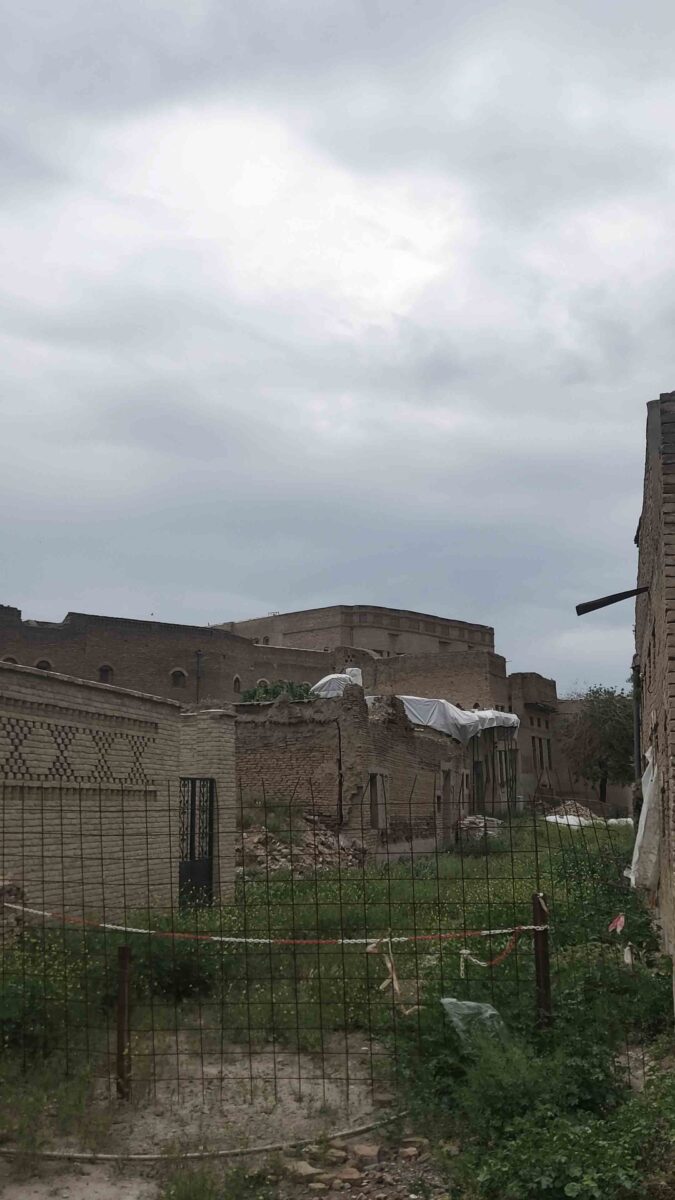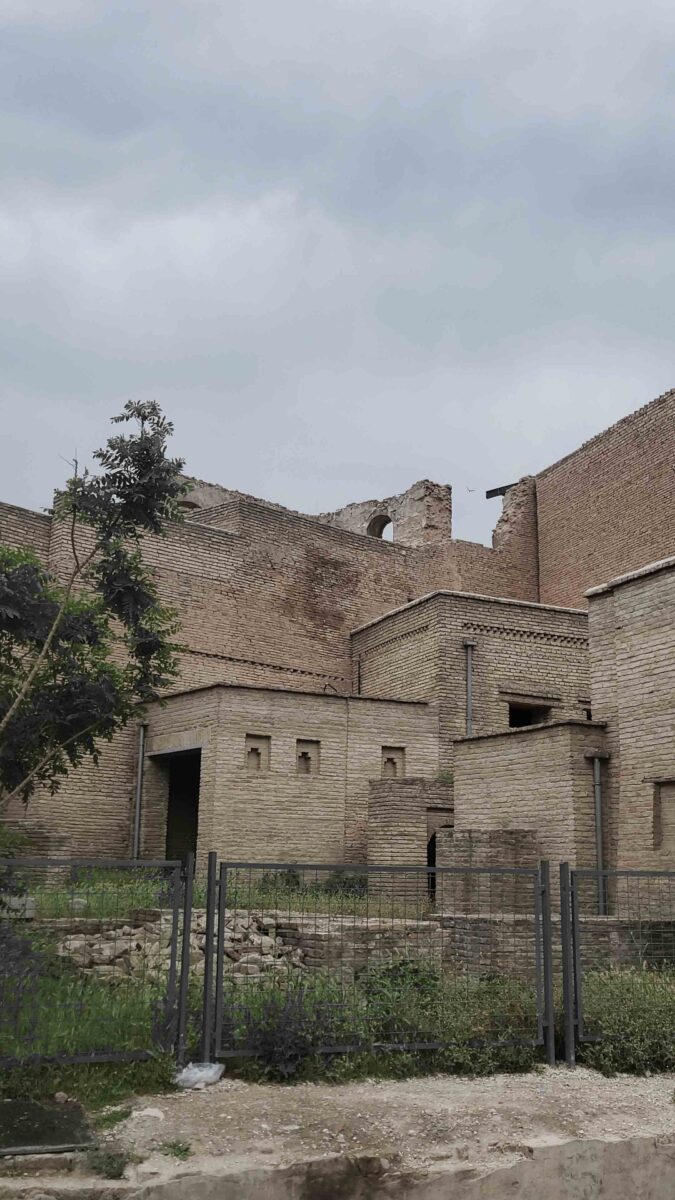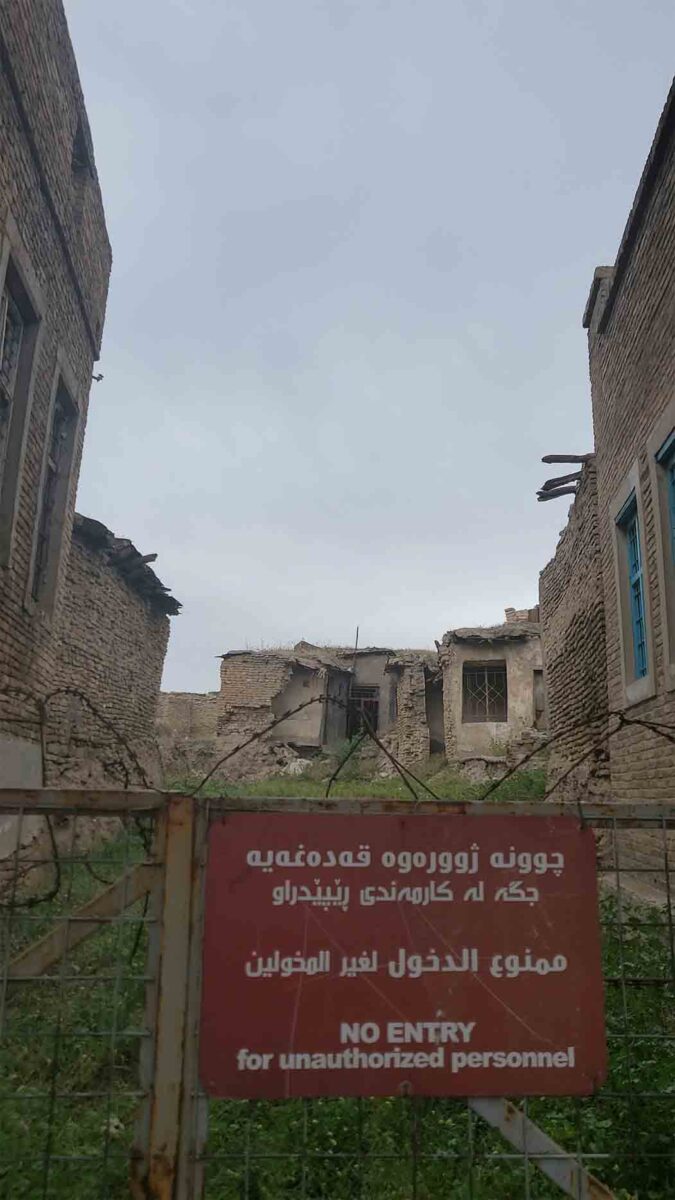Dalya Abdulwahhab MA Architecture



Echo through time: Erbil Citadel’s legacy and the preservation paradox
THIS THESIS EXPLORES the intricate links between heritage preservation, cultural identities, and a local community’s connection to its history. The Erbil Citadel, situated in the Kurdistan region of northern Iraq, serves as the primary case study. As a UNESCO World Heritage Site, the Citadel holds immense cultural importance for the Kurdish populace, who have faced oppression and invasion throughout history.
Although preservation efforts have been made at safeguarding the physical fabric of the Citadel, local officials have limited access to the site in order to have it listed as part of UNESCO’s world heritage. As a consequence, this restriction on the site has led to a disconnection between Erbil’s residents and their shared past. The thesis investigates the impact of heritage preservation policies on the cultural identity of the Kurdish community, with a particular emphasis on the historical roots that are in danger of being lost.
It sheds light on the paradoxical nature of architectural preservation and its effect on the oppressed Kurdish minority, using various qualitative research methods, including interviews, as well as a range of primary and secondary materials. The study’s findings contribute to the broader theme of preser vation and highlight the impor tance of including intangible elements of cultural tradition in such endeavours.
